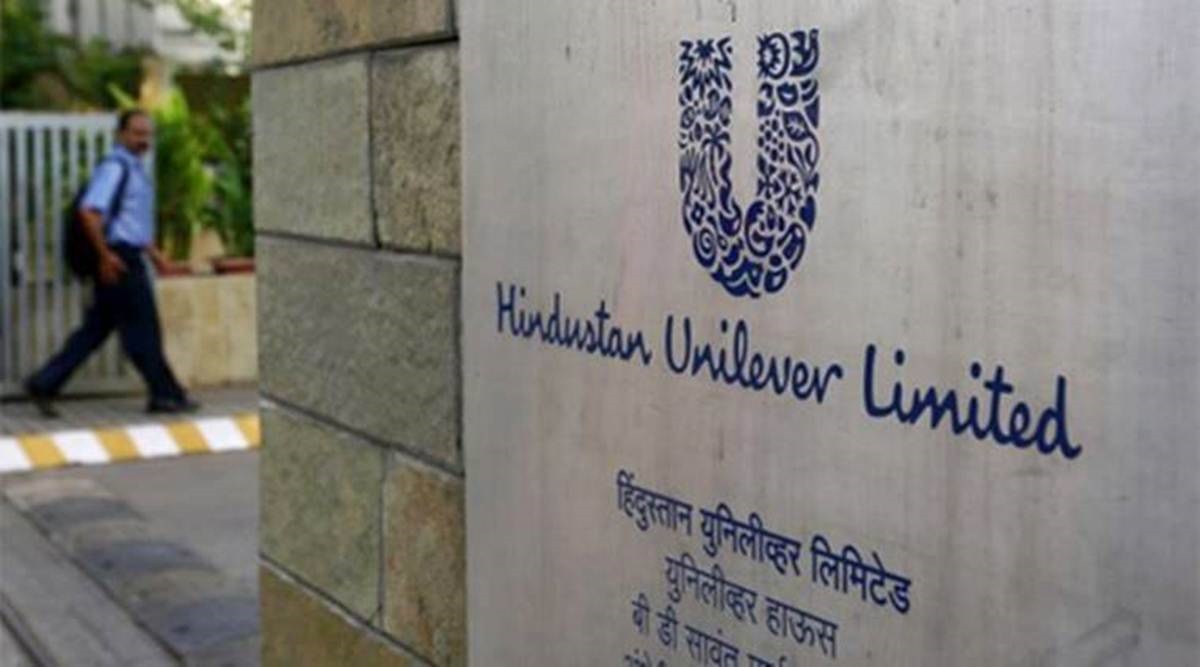21 Jan , 2023 By : Monika Singh

A day after fast-moving consumer goods major Hindustan Unilever announced an 80-bps increase in its royalty and central services fee to parent Unilever, the stock price fell 3.84% on Friday to close at Rs 2,548.35 on the BSE. This led to a Rs 23,942.35-crore loss in market cap in a single trading session.
Some brokerage firms like Jefferies slightly lowered its earnings per share estimates for HUL to factor in higher royalty rates and discontinuation of distribution agreement with GSK after November 2023. It said royalty hike is a complex matter and will likely need an approval from minority shareholders.
Other analysts said given current margin band of 23-25%, 80-bps royalty rate increase over three years will curtail margin expansion. And in the absence of meaningful margin expansion beyond FY24, sales and PAT growth will move in tandem which will prevent meaningful re-rating of the stock.
ICICI Securities said the overall impact on operating margins shall be offset with mix-improvement premiumisation and scale benefits. Motilal Oswal is also not perturbed, particularly if HUL receives commensurate benefits from the parent. Even at 3.45% royalty by CY27, HUL’s royalty rate will be well below that of Nestle or Colgate, which is close to 5%, it said.
On Thursday, HUL announced that it will now be paying royalty and central services fees to Unilever Group at 3.45% of turnover, up from 2.65% in FY22. This increase will be effected in a staggered manner over a period of three years. Sanjiv Mehta, MD of HUL, said there will be 45-bps increase in royalty and service fee in 2023, 25 bps in 2024 and 10 bps later on.
While it will act as a cost on the company’s P&L, HUL will ensure that it gets value for the money it pays to Unilever, Mehta said.
Nevertheless, analysts with Jefferies and Motilal Oswal have maintained their ‘buy’ rating on the company’s stock, led by the company’s in-line operating performance in October-December, coupled with its optimistic commentary on recovering rural demand and easing of inflationary pressure.
HUL said there are signs of rural slowdown is bottoming out and perhaps the worst of commodity inflation is over. This should give a gradual recovery in consumer demand, it said.
Analysts said that premium discretionary is outperforming mass discretionary in the FMCG industry, and HUL seems to be better placed at the former.
0 Comment